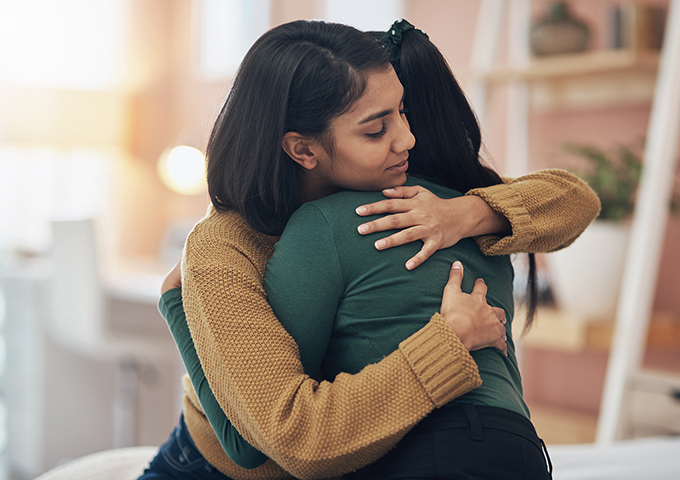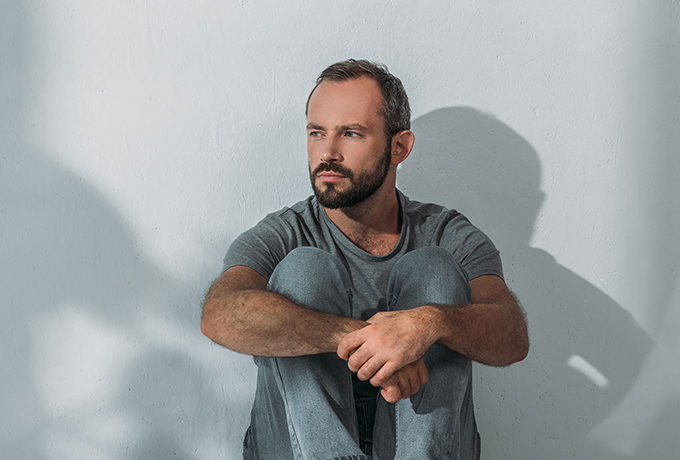- The Australian Bureau of Statistics found that suicide rates in Australia increased by more than 9 per cent during the last reporting period.
- Suicide statistics in Australia may be linked to not getting help for underlying worries and mental health concerns.
- Male suicide rates in Australia were shown to be three times higher than female suicide rates.
In July 2019 the Prime Minister announced that suicide prevention is a national priority and that the Government would work towards a zero suicide goal.
A contributing factor behind the announcement may be the Australian Bureau of Statistics’ most recent ABS Causes of Death report. It’s Australia’s most reputable report on national suicide statistics and when released last year it found that national suicide rate had actually increased (the next report is expected to be released in late September 2019).
The findings reaffirmed or revealed some alarming statistics about suicide in Australia.
- At the time of the report, suicides in Australia were the 13th leading cause of death nationally, up from 15th from the previous reporting period.
- Suicide was the leading cause of death for people aged 15 to 44.
- Male suicide rates in Australia remained three times as prevalent as in women.
- Suicide statistics in regional Australia were disproportionately overrepresented compared to major cities.
Suicide is a serious national health problem
The zero suicide goal announcement, accompanied by the appointment of a new National Suicide Prevention Adviser, almost certainly means there will be greater public awareness and increased emphasis on suicide prevention strategies.
Much of this will be driven by government policy and funding. However, suicide prevention needs to become everyone’s responsibility if we want to see a consistent reduction in suicide rates in Australia.
There are many things you can do to help those affected by suicide and suicidal thoughts, including:
These strategies are known to be effective for managing distressing situations that involve suicide. They are in response to the effects of crisis, whether it’s because a person died by suicide, tried to take their own life, has suicidal thoughts, or is grieving because of suicide.
One easy thing we can all do to reduce Australian suicide rates
Suicide is an incredibly complex phenomenon. The circumstances that lead someone to think about suicide are never alike for two people. For instance, people who die due to self-harm are thought to have a significantly higher rate of mental illness — yet not everyone who takes their own life meets the definition of having a mental disorder.
Suicidal tendencies and thoughts often result from a person’s belief that there is no way out. They have reached a point where they may feel that they are no longer able to cope — and often this has come about due to multiple worries and concerns.
It is therefore everyone’s responsibility to help reduce Australia’s suicide rate.
Supporting people during moments of crisis or distress is of course vital. However, there is arguably one easy thing that everyone can do to help bring down our suicide statistics.
It requires no special knowledge, no training, and usually takes up little time.
This one idea is remarkably simple: normalise the idea that getting help is ok and that support is available.
What does it mean to normalise getting help?
Quite simply, to normalise getting help means removing the stigma of speaking up and getting support when someone is struggling.
Not getting help for a concern or worry is thought to be one of the key contributors to suicide. For instance, there’s likely a correlation between the fact that men outnumber women three to one in our suicide statistics, and that three quarters of men who are affected by a mental disorder do not seek help.
Our society has advanced considerably in its treatment of mental health disorders. Nonetheless, many people may be reluctant to talk about their worries or concerns. This may be due to shame, embarrassment, or a perceived fear that talking about worries and concerns may be seen as a sign of weakness. In fact, talking about it, whether with a friend, family member, or a Suicide Call Back Service professional counsellor is one of the best things anyone can do.
It is therefore everyone’s responsibility to ensure that those who may be struggling feel they can talk about their worries and get support — without being judged or stigmatised.
If you are worried about someone, and need someone to talk to, call the Suicide Call Back Service on 1300 659 467 to speak to a counsellor.
If it is an emergency, please call 000.









